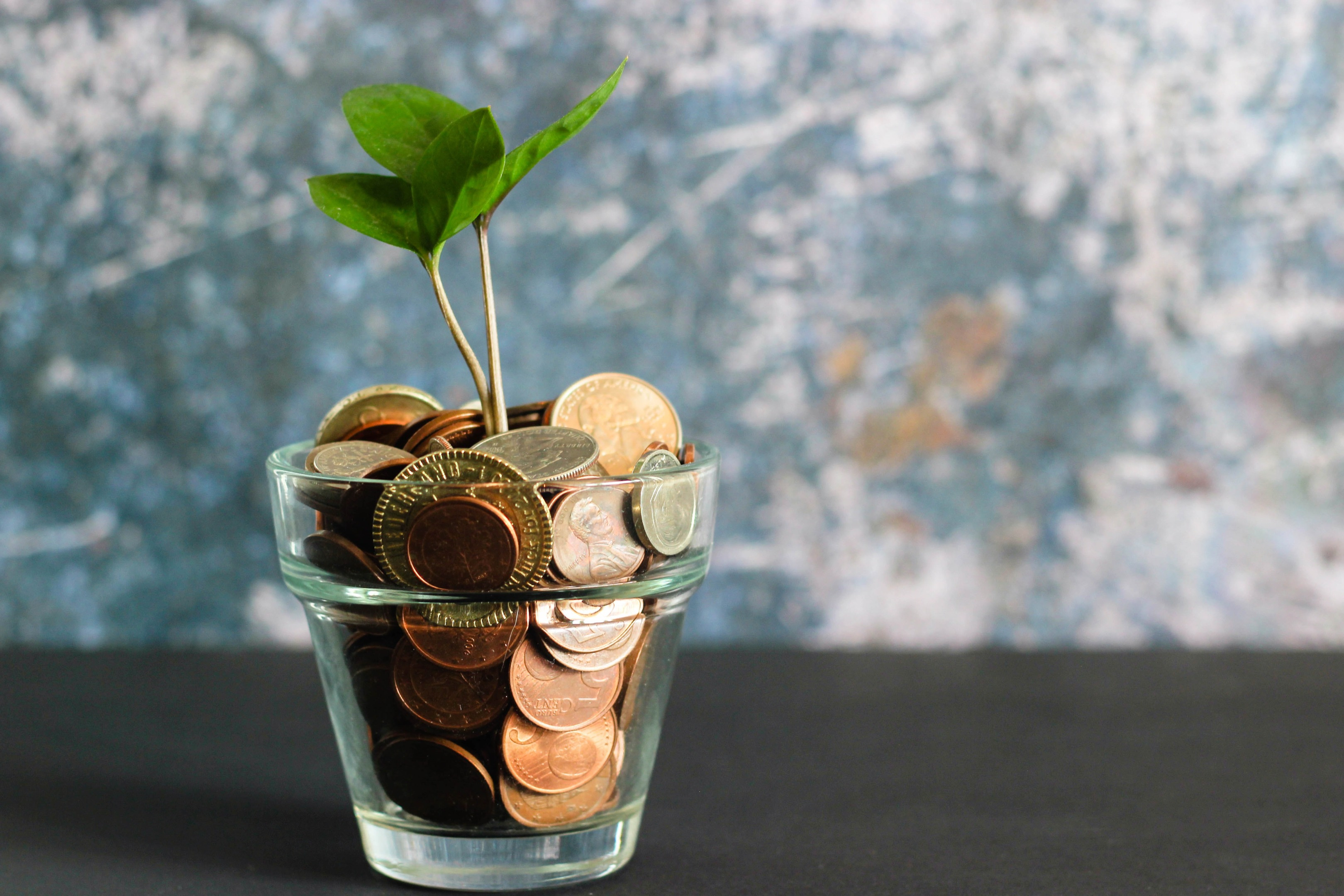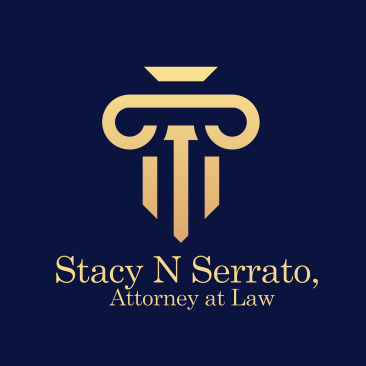
Chapter 13 bankruptcy is a type of bankruptcy that allows individuals to repay their debts over a period of three to five years, rather than having their assets liquidated to pay off creditors as in Chapter 7 bankruptcy. A Chapter 13 bankruptcy involves the creation of a repayment plan that outlines how the debtor will repay their debts over the course of the bankruptcy. In this blog article, we will discuss the basics of Chapter 13 repayment plans.
Eligibility for Chapter 13: In order to be eligible for Chapter 13 bankruptcy, you must have a regular source of income and your unsecured debts (such as credit card debts) must not exceed a certain amount. Additionally, your secured debts (such as mortgage or car loans) must not exceed certain limits.
Repayment Plan: The repayment plan is a crucial part of Chapter 13 bankruptcy and outlines how the debtor will repay their debts over the course of the bankruptcy. The plan must be approved by the bankruptcy court and must be feasible, meaning that the debtor must have enough income to make the payments outlined in the plan. The plan must also prioritize the payment of certain debts, such as secured and priority debts, over others.
Length of the Repayment Plan: The length of the repayment plan will depend on a number of factors, including the debtor's income, the amount of debt they have, and the type of debt. In most cases, Chapter 13 repayment plans last between three and five years.
Payments: The debtor will make regular payments to the bankruptcy trustee, who will then distribute the funds to the creditors. The payments will typically be made on a monthly basis and the amount of the payments will depend on the debtor's income and the amount of debt they have.
Discharge of Debts: Upon completion of the repayment plan, the debtor will receive a discharge of their remaining unsecured debts. This means that they will no longer be legally responsible for paying these debts and their creditors will no longer be able to take any legal action to collect the debt. However, not all debts are dischargeable.
Benefits of Chapter 13: There are several benefits to filing for Chapter 13 bankruptcy, including the ability to keep your assets, the ability to catch up on missed mortgage payments, and the ability to discharge certain types of debts that cannot be discharged in a Chapter 7 bankruptcy. Additionally, the automatic stay, which stops creditors from taking legal action to collect debts, will be in effect from the moment you file for Chapter 13 bankruptcy.
If you are considering filing for Chapter 13 bankruptcy, contact me so we can ensure that you understand the process.
Photo by Micheile Henderson


